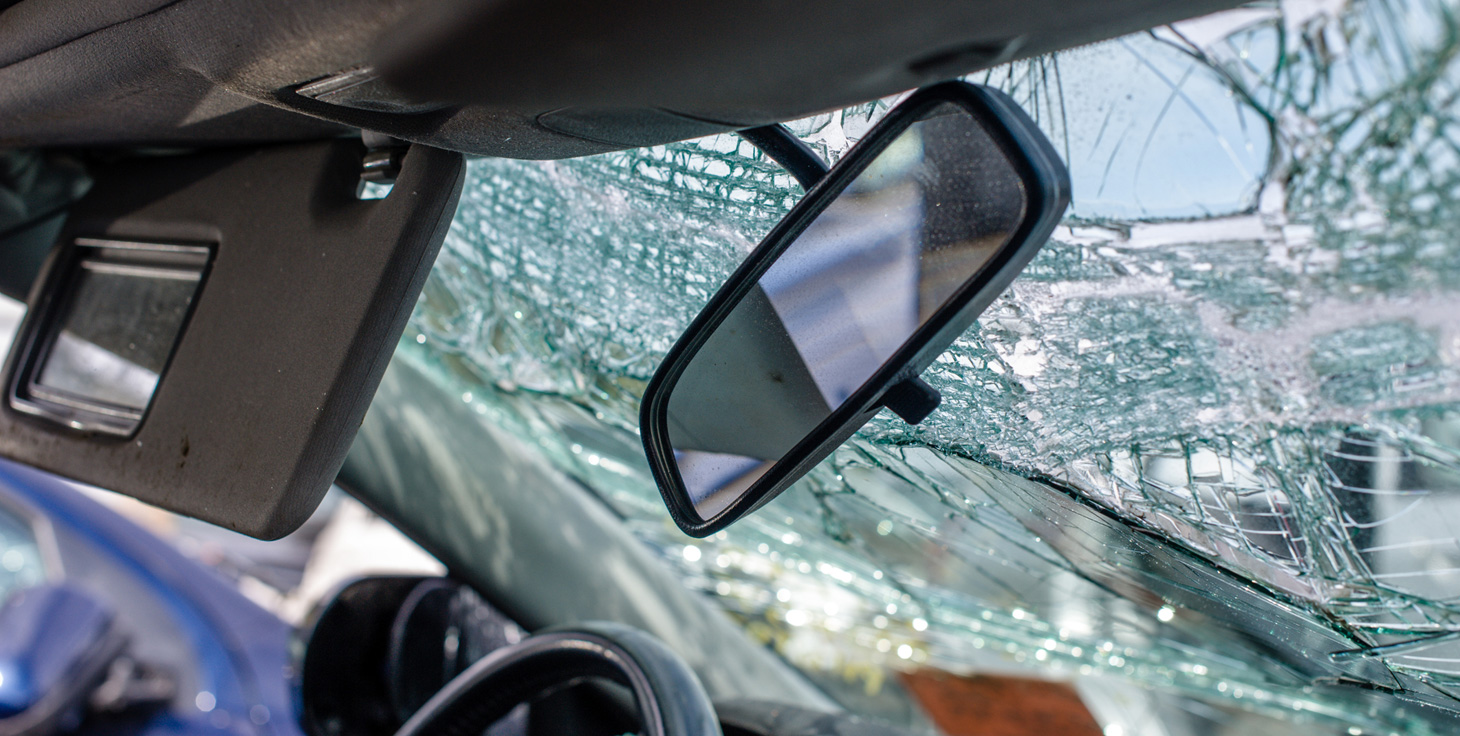- For a Free Consultation Call Now:
- 1-888-336-3778
Driving Someone Else’s Vehicle: Coverage And Consent

Could Drunk Driving Accidents Be Prevented By Technology?
October 16, 2017
5 Motorcycle Safety Tips
November 13, 2017If you drive someone else’s vehicle without their consent and you are involved in an accident, insurance-wise, you are generally out of luck. But if that person gives you permission to drive their vehicle and you are licensed to drive, you will most likely be covered by their insurance. This protection is codified in section 192(2) of the Highway Traffic Act. But what happens if you are driving someone else’s vehicle with their consent,and you do something the owner did not give you permission to do and i? Are you still covered by their insurance if you get into an accident? The Court of Appeal of Ontario recently considered this issue in the decision of Fernandes v Araujo,2015 ONCA 571.
In the Fernandes case, on the day of the accident, Carlos Almeida’s hosted a group of guests at his farm. Carlos was the owner of an all-terrain vehicle (“ATV”) and he gave permission to his guests to use the ATV. Carlos’ cousin, John Paul Almeida, showed the other guests how to use the ATV and told them, in Carlos’ presence, not to leave the farm property with the ATV. Later that day, two of the guests, Eliana Araujo and Sara Fernandes, decided to drive the ATV to a neighbouring farm. They arrived at the neighbouring farm safely, but on their return, the ATV rolled over on the highway and Ms. Fernandes was injured. Ms. Araujo had been driving the ATV at the time and Ms. Fernandes was the passenger.
Ms. Fernandes commenced a lawsuit against Carlos and Ms. Araujo. The ATV was insured by Allstate Insurance, and Allstate brought a motion to the court on behalf of the defendant, Carlos, claiming that Carlos had not provided consent to Ms. Araujo to drive the ATV on the highway. The motion judge dismissed Allstate’s motion, finding that Carlos permitted Ms. Araujo to drive the ATV and did not impose any restrictions on the use of the ATV. Although John Paul instructed Ms. Araujo not to leave the farm property, his statement could not be attributed to Carlos. Allstate appealed the motion judge’s decision.
The Court of Appeal agreed with the motion judge in his conclusion that since Carlos did not expressly prohibit Ms. Araujo from taking the ATV off the farm property, Ms. Araujo was therefore in possession of the vehicle with Carlos’ consent at the time of the accident.The Court of Appeal found that there is a long line of legal authority which states that where an owner of a vehicle has consented to possession, the owner will be liable even if the vehicle is operated in a manner forbidden by the owner.
With this decision, the Court of Appeal overruled its own earlier decision in Newman and Newman v Terdik which held that coverage will be denied to a person in possession of a vehicle who violates a condition imposed by the owner. The Court of Appeal found that the Newman decision had been wrongly decided and was inconsistent with the reasoning expressed in a long line of cases that had come to the opposite decision. Ordinarily, courts are bound by their previous decisions as they provide certainty, consistency, clarity and stability of the law, in this case it was “permissible for the court to overrule one of its prior decisions if it is satisfied that the error should be corrected” to serve the interest of justice [paras 46 and 47].
The appeal was dismissed and the motion judge’s decision was upheld.
To learn more about this decision, please contact personal injury lawyer Tim Leigh-Bell online or by telephone at 1-800-797-6989.




